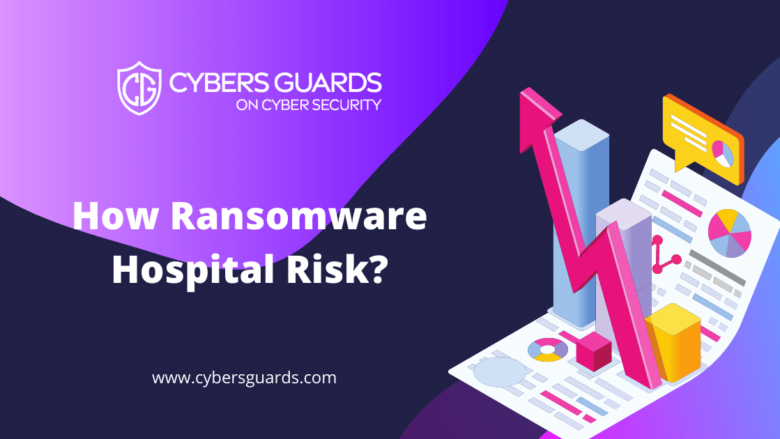Ransomware is a type of malware that encrypts files on a victim’s computer and then demands payment from the user in order to obtain the decryption key. This article looks at how ransomware hospital risk is growing, and what organizations need to do to protect themselves against this threat.
What is ransomware?
Ransomware is a type of malware that hijacks a computer and demands payment from the user in order to release it. The most common ransomware is called Locky, which encrypts files on the computer and then asks for a ransom to be paid in order to obtain the key to decrypt them.
What are the risks associated with ransomware?
- Ransomware is a type of malware that encrypts files on a computer, then threatens to delete the files unless a ransom is paid.
- The biggest risks associated with ransomware are the potential loss of important data and the disruption to business operations.
- There are several ways to protect yourself from ransomware attacks, including using security software and keeping up-to-date antivirus software.
How hospitals are at risk from ransomware?
According to the Centers for Disease Control and Prevention (CDC), ransomware is a type of malware that encrypts a victim’s data, making it inaccessible until a ransom is paid. In hospitals, this could mean everything from patient health data to medical records.
Ransomware has been on the rise in recent years, with hackers targeting hospitals and businesses alike with extortion schemes. In April, hackers stole data from more than 200 patients at a psychiatric hospital in Puerto Rico using ransomware. The attack caused an estimated $750,000 in damages.
If hospitals don’t have robust cyber security measures in place, they could be at serious risk from ransomware. Here are some tips to help protect your hospital from this type of attack:
- Establish an incident response plan: Every hospital should have an incident response plan in place to respond to cyber attacks. This will include steps like activating firewalls and creating backups.
- Harden your systems: Make sure your systems are patched and up to date, and install antivirus software and malware protection measures. Implement strong passwords and don’t leave access to sensitive data (like patient information) unsecured.
What can be done to mitigate the risks of ransomware?
One of the biggest concerns that organizations have when it comes to ransomware is the potential for a data breach. One way to mitigate this risk is by implementing strong security measures, such as using antivirus software and firewalls, and encrypting all of your data. Additionally, you can help prevent ransomware from spreading by not clicking on links in emails that seem suspicious.
How to protect your hospital from ransomware?
Ransomware is a type of malware that encrypts files on a victim’s computer and then demands payment in order to release the files.
Hospitals are especially at risk of ransomware attacks, as patients and staff may be more likely to save personal files on their computers.
Hospitals can protect themselves from ransomware by following these tips:
- Install antivirus software: Antivirus software can help protect hospitals from ransomware attacks.
- Disable unsolicited email: Unsolicited email, including emails from hospital administrators, can contain malicious attachments that can spread ransomware.
- Keep backups: Backups can help protect hospitals if their computer systems are compromised by ransomware.
- Train staff: Staff should be aware of the risks posed by ransomware and be able to identify and prevent its infiltration into the hospital system.
Conclusion
Ransomware has become a hot topic in the healthcare industry, and for good reason. It’s an attack that not only causes disruption to patients and providers, but also has the potential to severely impact the bottom line of hospitals. This is why it’s so important for hospitals to have a plan in place to deal with ransomware threats, and fortunately there are some simple steps that can be taken to help protect your institution from this type of attack.









FIND US ON SOCIALS